For the first time, women from neighbouring councils in the Western-Midlands-Northern region of Ireland work together to bring about change, creating a safe space for mutual learning, mentorship, and the exchange of ideas.
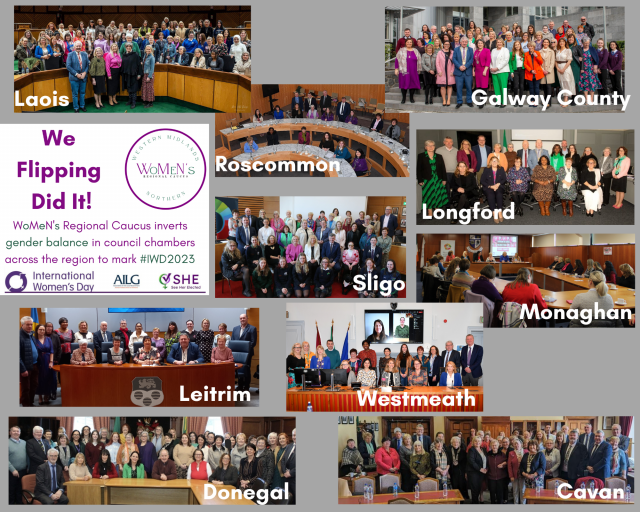

For the first time, women from neighbouring councils in the Western-Midlands-Northern region of Ireland work together to bring about change, creating a safe space for mutual learning, mentorship, and the exchange of ideas.
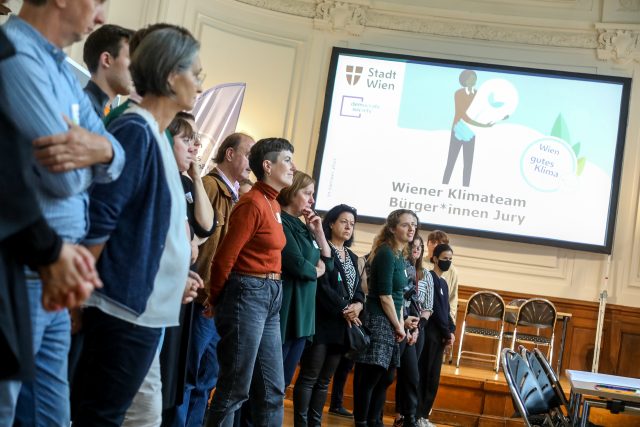
This project links participatory budgeting with climate action, empowering citizens to design and implement climate-friendly solutions in their district.
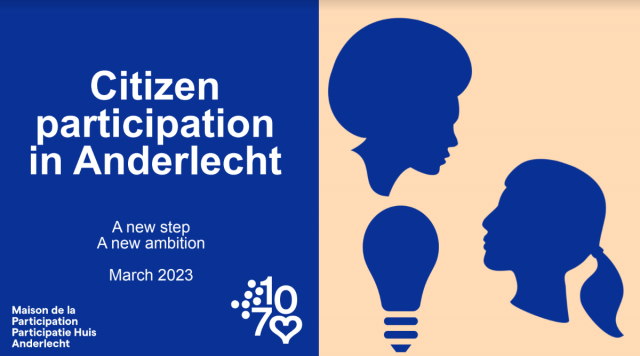
The Megafon project engages local citizens in an accessible way, fostering the co-construction and implementation of novel solutions for civic improvement.
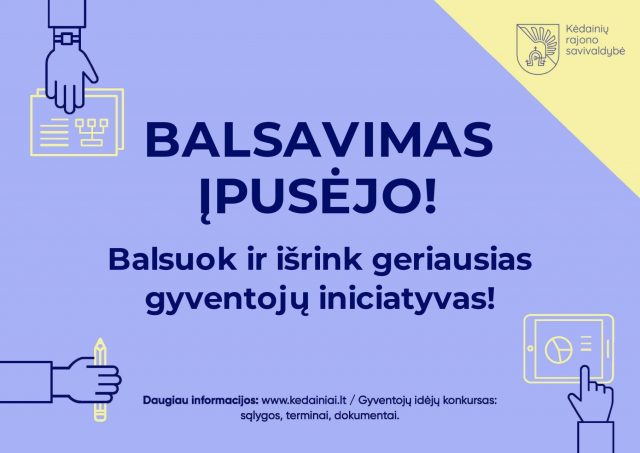
A citizen participation programme in Kėdainiai District provides support to a range of citizen initiatives for civic improvements that are already having an impact.
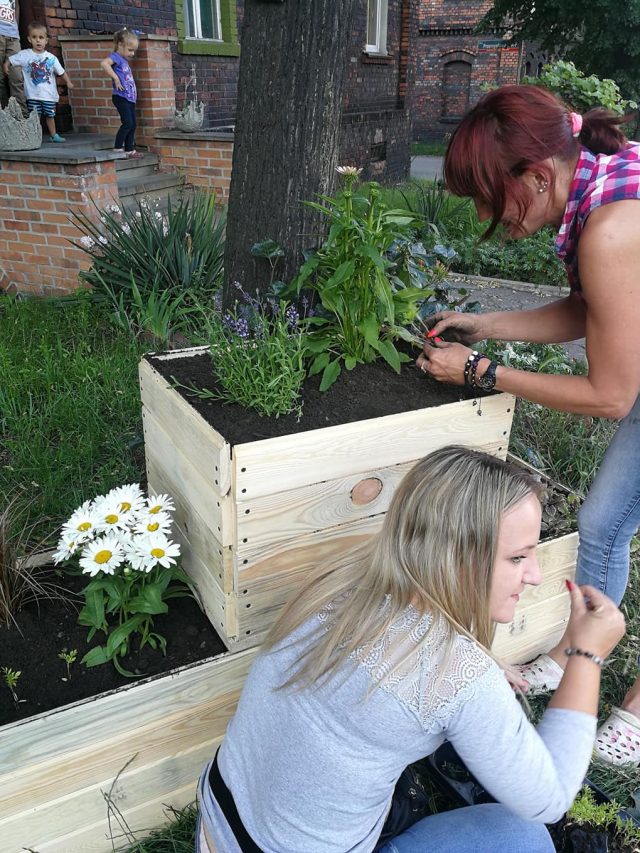
Rybnik sets a national example for civic improvement initiatives by adopting a participatory approach to the revitalisation of degraded areas.
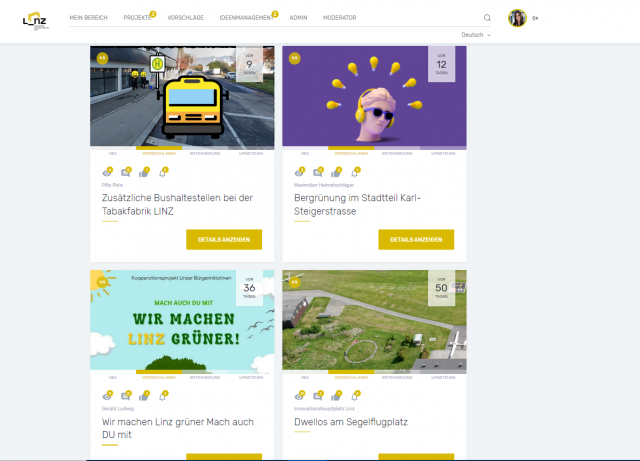
The Innovation.linz.at Citizen Participation Platform connects citizens with local administrative departments to generate dialogue on civic improvements and implement project ideas.
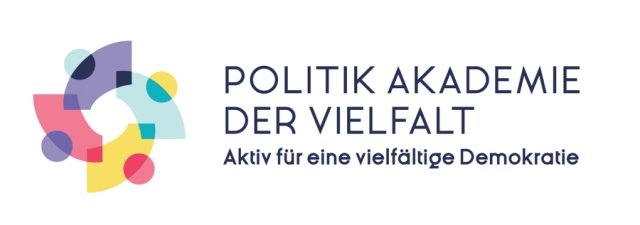
Politik Akademie der Vielfalt (Politics Academy of Diversity) engages individuals with a migration background in the political process through skill-building workshops, events, and professional support.
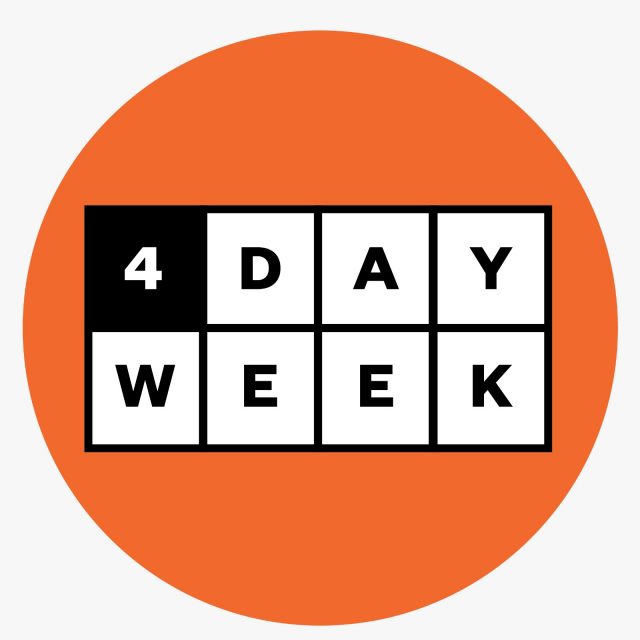
The 4 Day Week campaign advocates for a shorter working week with no loss of pay, helping workers achieve better working conditions and overall work-life balance.
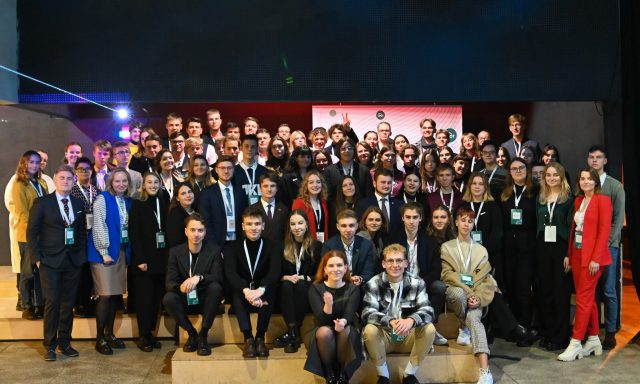
This campaign resulted in a constitutional amendment that reduced the minimum age for government office to 21, increasing possibilities for youth engagement in the political process.

This card makes public transport sustainable and affordable for young people in Ireland, and is the first time a proposal from Dáil na nÓg (National Youth Parliament) and Comhairle na nÓg (Local Youth Councils) has been included in the Government’s National Budget.
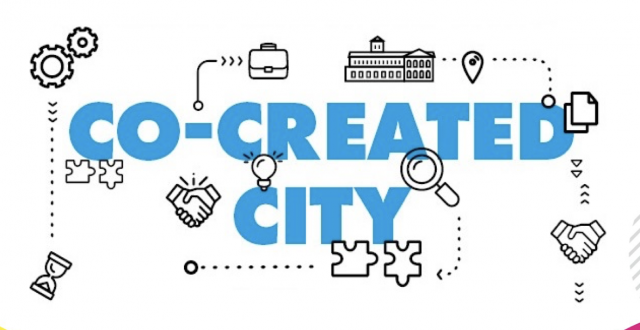
Residents are involved in the creation of the city’s development strategy, enabling the realisation of a shared vision for the future.
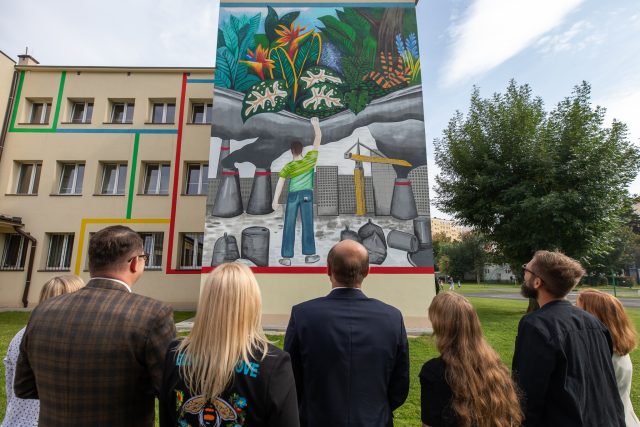
The Urban Lab Rzeszów involves local residents in the development of their city, improving the appearance of the city as well as the quality of life for all residents.
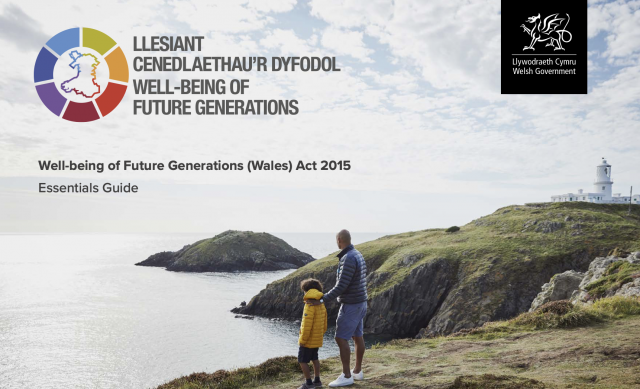
The Well-Being of Future Generations Act provides a legal link between the UNs’ Sustainable Development Goals and Wales’s future pathway by creating a set of seven country-level Well-Being Goals.
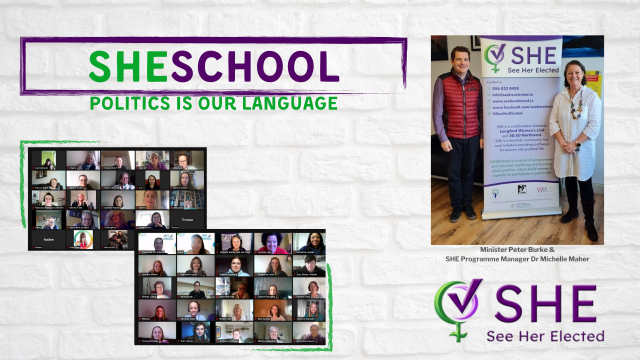
This community-led initiative supports women into politics in rural areas of Ireland, strengthening local and national democracy by increasing the diversity of political participation.
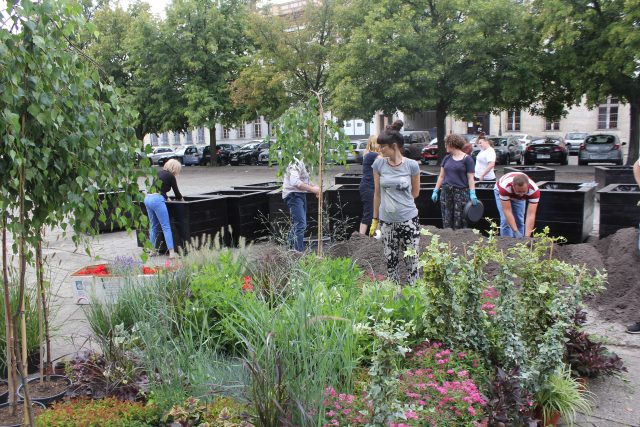
Research on the use of urban space in the Old Town of Szczecin led to limitations on car traffic and increased accessibility for pedestrians.
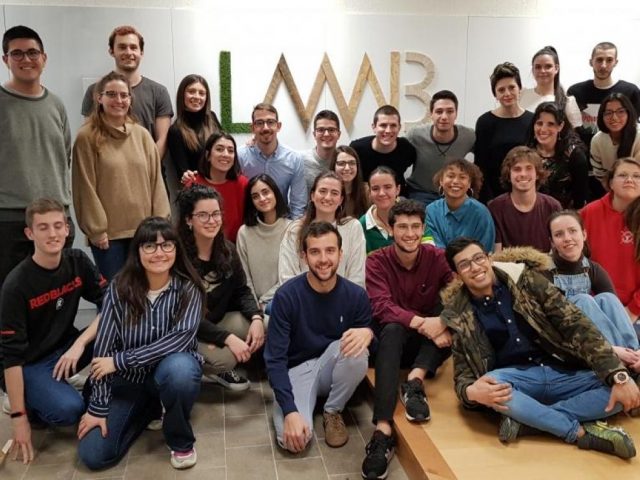
Citizen participation in public policy is encouraged through the laboratory’s activities, which aim to bring institutions and citizens closer together through open deliberation and transparent decision-making.
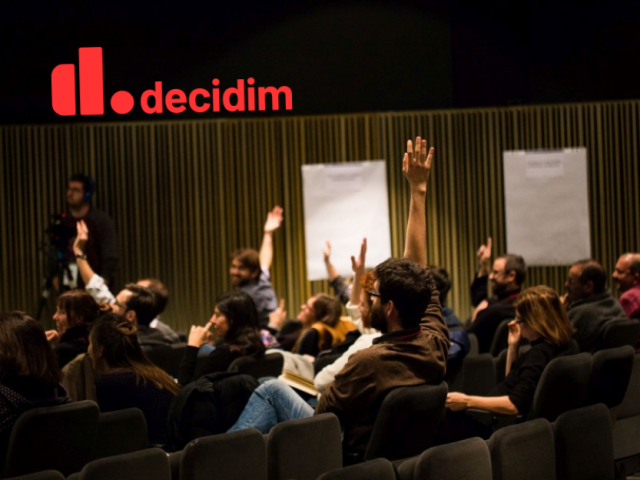
This free open-source platform allows institutions all over the world to initiate participation processes, leading to the democratisation of development.
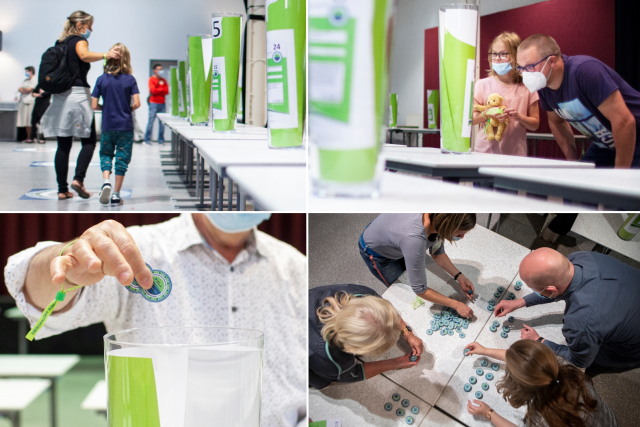
A system of participatory budgeting is questioned and redefined in order to encourage maximum participation with a low-threshold voting event.
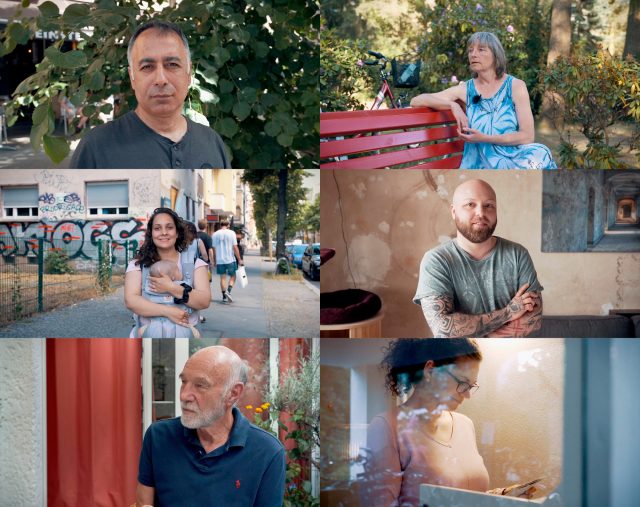
Electoral District Citizen Assemblies (EDCAs) renew the relationship between residents and their local MPs, with a focus on engaging with those people who are disillusioned and frustrated with the[…]
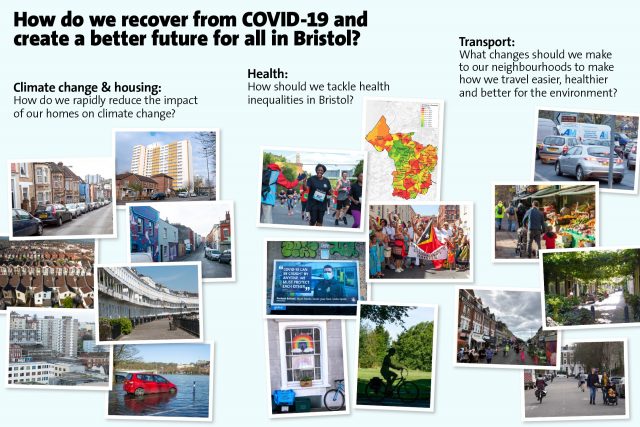
A representative group of citizens discuss three challenging topics and make recommendations which will inform the city’s plans for the future.